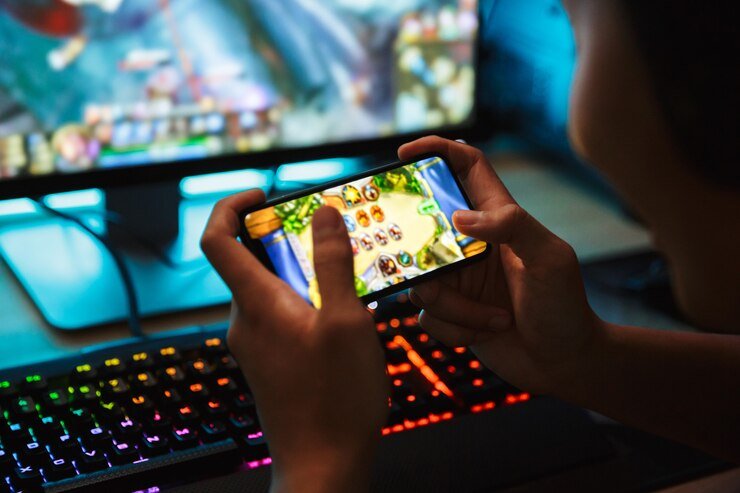In the digital age, social media has revolutionized how companies approach marketing, especially within the gaming industry. With platforms like Twitter, Instagram, and Twitch becoming integral to how gamers connect with content, social media marketing is not just a complement to traditional advertising but a crucial component of a successful campaign. So, how do gaming companies leverage social media to enhance their marketing strategies?
Harnessing the Power of Community Engagement
The gaming community is vibrant, diverse, and incredibly active. Social media platforms provide a direct line to engage with this community, allowing companies to build relationships with players, gather feedback, and create hype around new releases. Engaging content, such as live streams, behind-the-scenes footage, and interactive posts, encourages gamers to engage with brands and each other.
Creating Viral Moments
One of the most significant advantages of social media is the potential for content to go viral. Gaming companies can capitalize on this by crafting shareable content that resonates with their audience. Whether it’s a meme, a challenge, or a sneak peek at upcoming features, viral content can significantly amplify a game’s visibility and reach.
For instance, consider the phenomenon of Fortnite dance challenges. These user-generated videos spread like wildfire across platforms, driving interest and engagement with the game. By fostering such organic, community-driven marketing efforts, companies can achieve remarkable reach with minimal investment.
Influencer Collaborations and Their Role
Influencers play a pivotal role in the gaming marketing landscape. With their large followings and trusted voices, influencers can sway public perception and drive engagement. Collaborating with influencers allows game developers to reach new audiences and gain credibility.
Strategic Partnerships
Strategic partnerships with influencers can take many forms, from sponsored content to exclusive preview events. Such collaborations are not only about expanding reach but also about building authenticity and trust within the gaming community. When a respected influencer endorses a game, their followers are more likely to take notice and engage with the product.
Moreover, influencer-led livestreams on platforms like Twitch provide immersive experiences that traditional advertisements cannot match. These streams allow potential players to experience the game in real-time, ask questions, and see influencers’ genuine reactions.
Leveraging Social Media for In-Game Purchases
Social media’s impact extends beyond just brand awareness and community building. It also plays a crucial role in driving in-game purchases. By using targeted ads and promotions, companies can directly link social media activity to sales.
Driving Sales Through Exclusive Offers
One effective strategy is to offer exclusive, time-limited promotions that incentivize social media engagement. For example, a campaign might involve sharing a post to unlock a discount code or participating in a hashtag challenge to win in-game currency. This approach not only drives sales but also increases brand visibility.
Gaming companies can also use social media to educate players about in-game purchases. For instance, a post describing the benefits of acquiring virtual items can encourage players to make purchases. If you’re looking to elevate your gameplay through strategic purchases consider exploring the best ways to acquire EA FC 25 coins, social media platforms offer a wealth of information and deals.
Measuring Success and Adapting Strategies
As with any marketing effort, measuring the success of social media strategies is essential. The wealth of analytics tools available allows gaming companies to track engagement metrics, conversion rates, and overall ROI. These insights are invaluable for refining strategies and ensuring that marketing efforts align with business goals.
Continuous Adaptation
The digital landscape is ever-evolving, and successful gaming companies must be agile in their approach. By continuously analyzing data and staying attuned to trends, they can adapt their social media strategies to meet the changing needs of their audience. Whether it’s experimenting with new platforms or adjusting content formats, flexibility is key to maintaining relevance and impact.
The Future of Gaming Marketing
As social media continues to evolve, so too will its role in gaming marketing. Future trends may see even greater integration of augmented reality, virtual experiences, and AI-driven personalization. The potential is limitless, offering exciting opportunities for innovative marketers to explore new frontiers.
In conclusion, the impact of social media on gaming marketing strategies is profound. From community engagement to influencer collaborations and driving sales, social media has become an indispensable tool for gaming companies worldwide. As the industry continues to grow, those who harness the power of social media will undoubtedly lead the charge into the future of gaming.
